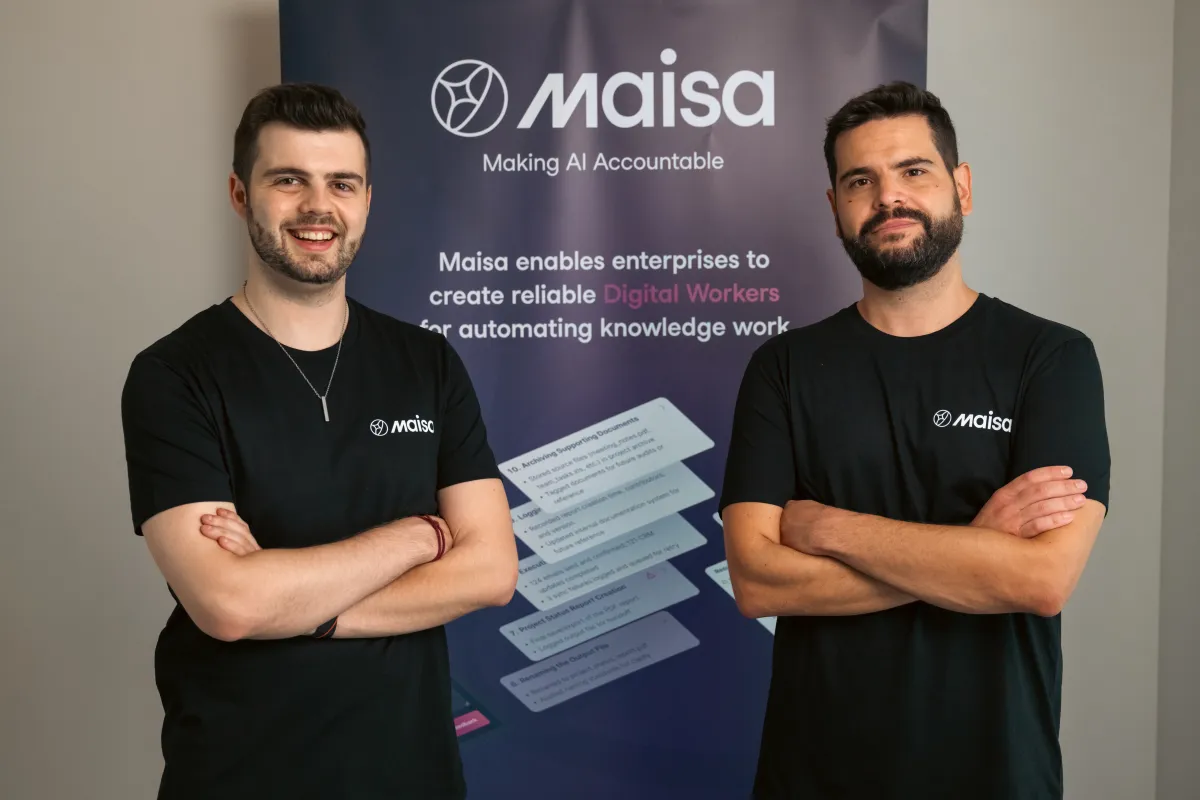
Let’s be real — the AI hype train is packed, but most companies hopping on board are hitting a wall. According to MIT’s NANDA initiative, a jaw-dropping 95% of generative AI pilots are failing. Yep, all those shiny pilots that started with “let’s automate everything!” end up collecting digital dust. But instead of waving the white flag, forward-thinking companies are shifting gears toward something more sustainable: agentic AI systems — tools that don’t just spit out answers but actually learn, follow processes, and stay accountable.
Enter Maisa AI, a one-year-old startup that’s decided the future of enterprise automation isn’t about “black box magic,” but about digital workers you can trust. Backed by a fresh $25M seed round led by Creandum, Maisa just dropped Maisa Studio, a model-agnostic platform that lets businesses deploy AI workers that can literally be trained using natural language. In short: no coding headache, just tell it what you need.
But here’s the kicker — Maisa doesn’t just build responses like your average chatbot platform. Instead, it builds the process (they call it “chain-of-work”) that gets you the right response. Think less “hallucinating bot” and more “intern who actually shows their work on the board before turning in homework.” This accountability is powered by their HALP system (Human-Augmented LLM Processing) and their custom Knowledge Processing Unit (KPU) designed to keep hallucinations in check.
And companies are noticing. Maisa already has a big-name bank, car manufacturers, and energy giants using its platform in production. By focusing on reliability, auditability, and transparency, Maisa wants to position itself as the next-gen version of robotic process automation (RPA) — but smarter, scalable, and less rigid.
The startup, based in Valencia and San Francisco, is doubling down: expanding headcount from 35 to 65 by early 2026, scaling with enterprise clients across industries, and gearing up to prove it can actually deliver on AI’s big promises.
While others chase hype, Maisa is chasing trust — and in a world where 95% of pilots fail, that might just be the secret sauce.






